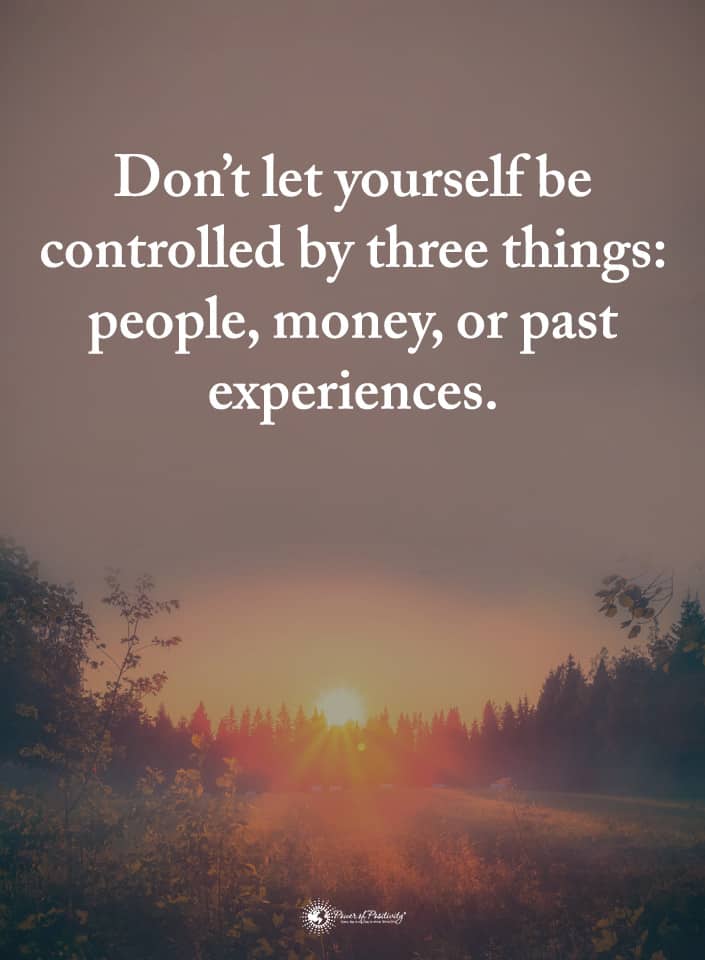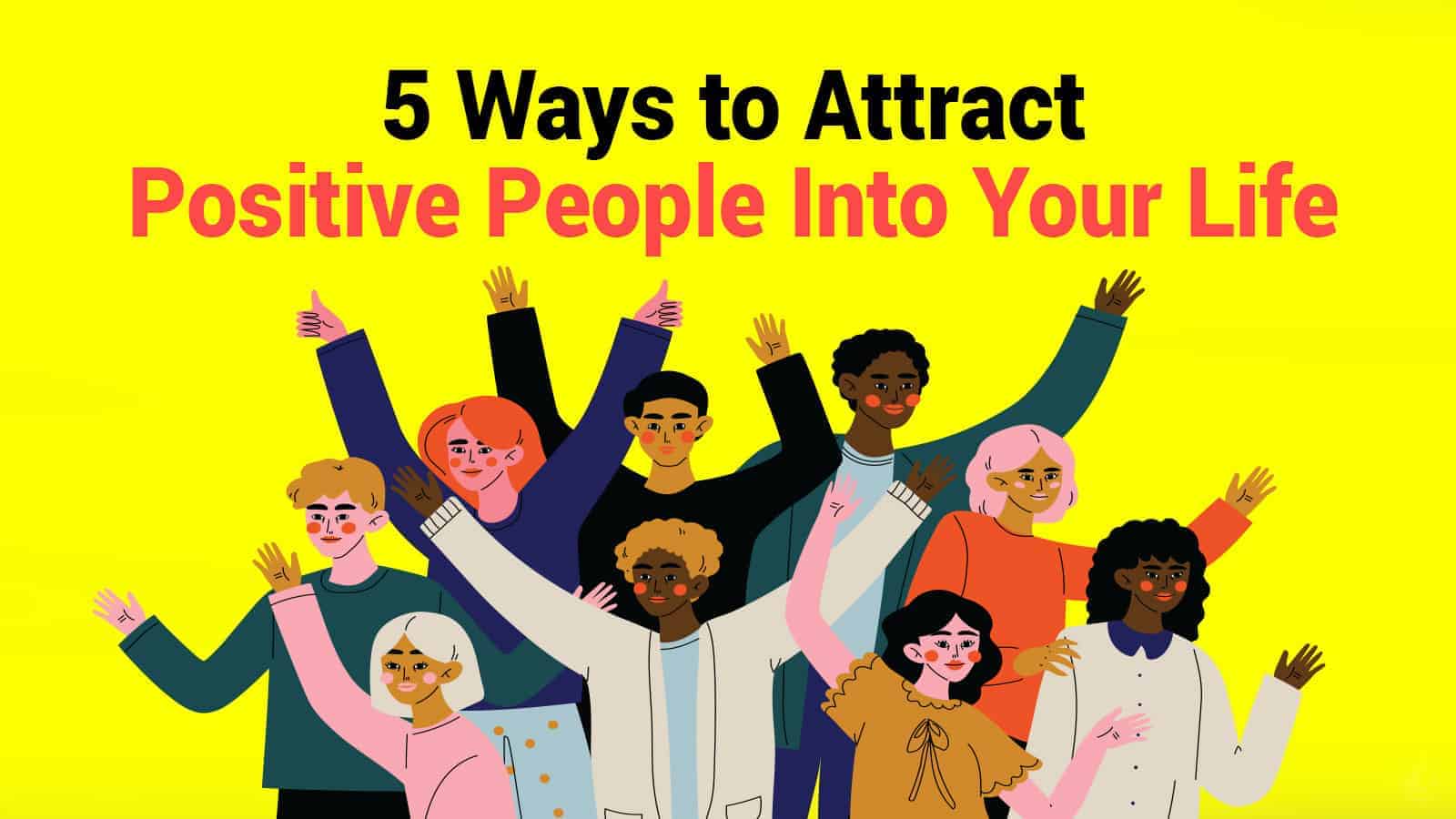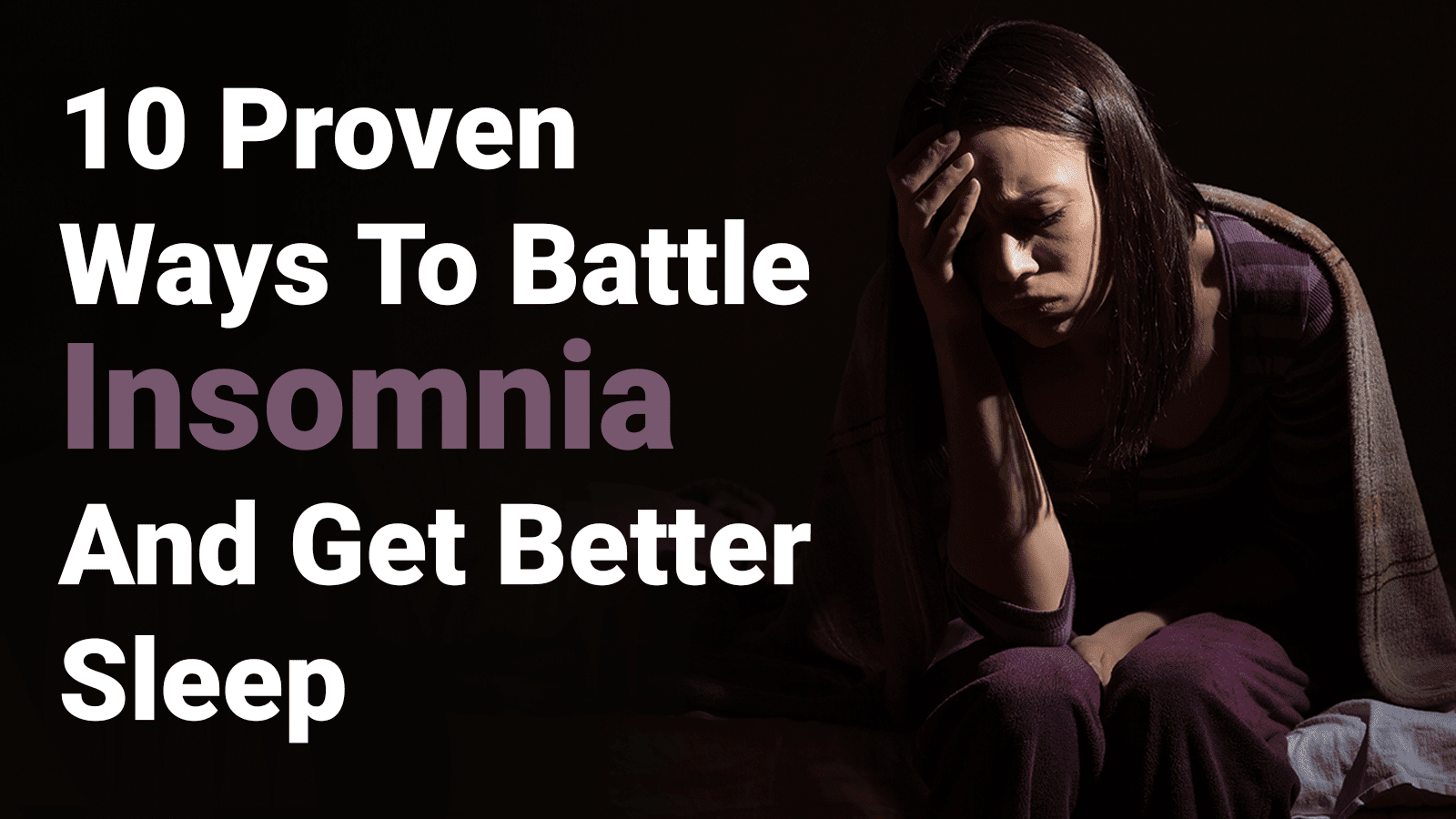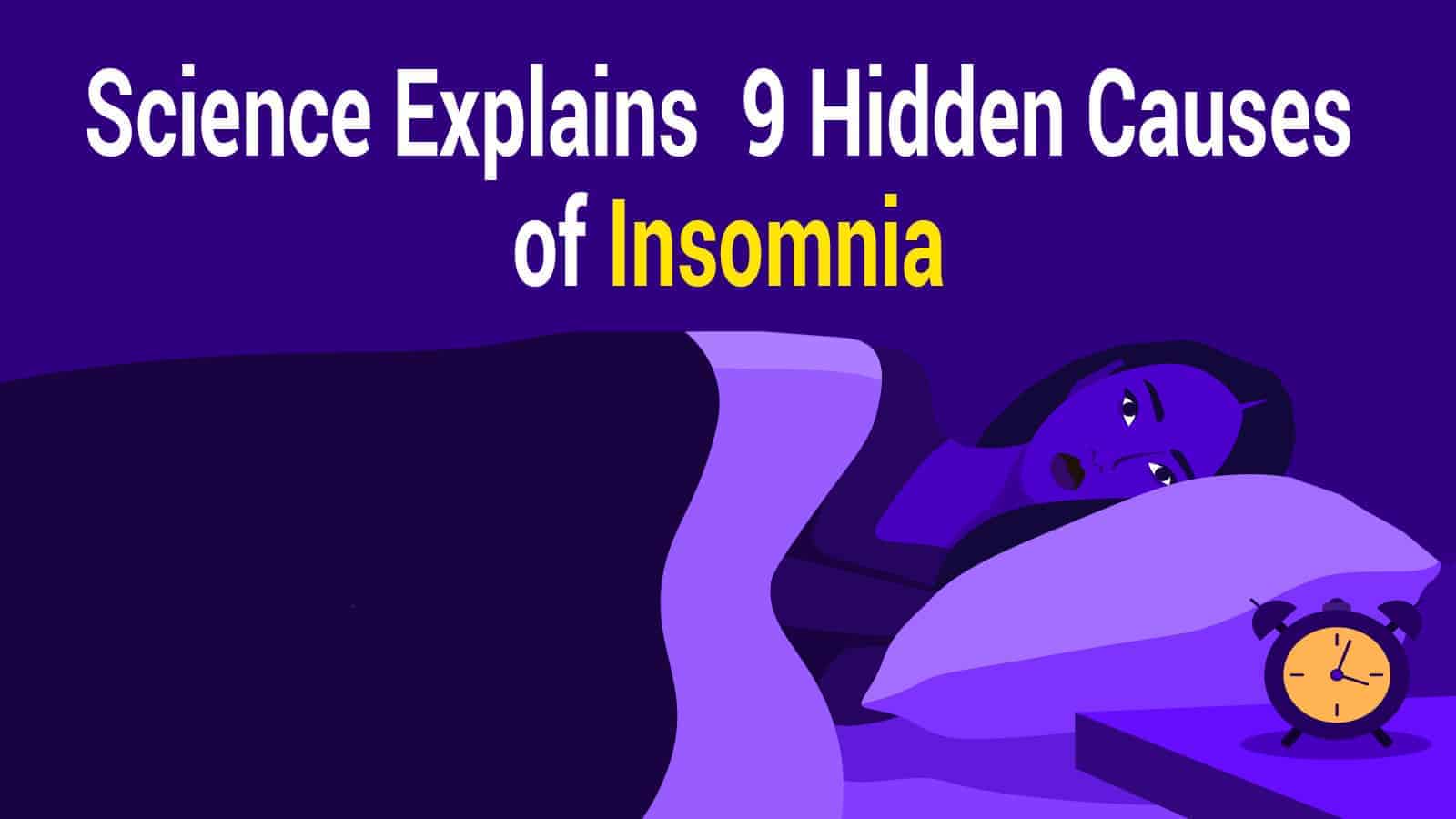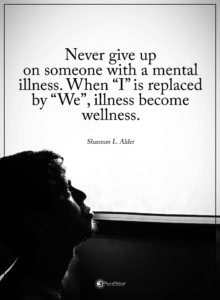Having control over your life means making the most of your circumstances and using your strengths to your advantage. It means choosing what you give your energy to, realizing that you cannot change everything in life. You can only change yourself, so it only makes sense to look within for your answers. The more control you have over yourself, the less you will need to control situations and people outside yourself.
When most people look at the world today, they just see chaos and confusion. However, by quieting the mind and only paying attention to what matters, we can have clarity about life. By getting in tune with our highest selves, we can understand our purpose. Then, we can start to formulate a plan that aligns with our overall desire.
Most of us could probably agree that we want more control over our lives. How can we make life respond to us, instead of just happen to us? We have some powerful, life-changing tips for you below.
“Incredible change happens in your life when you decide to take control of what you do have power over instead of craving control over what you don’t.” ? Steve Maraboli
Here are five ways to have more control over your life:
1 – Limit your stimuli
Our senses constantly get bombarded with stimuli from TV shows to advertisements to movies. We live in a fascinating, loud, chaotic world, and this can wreak havoc on our nervous systems. Many people today suffer from brain fog, racing thoughts, and anxiety due to so many distractions. Technology plays a massive part in this, as we have access to millions of apps, games, and information in the palm of our hands.
In this world of distractions, how can we limit our exposure to these stimuli? Here are a few tips:
Keep your phone away from you while working
Research shows that even the presence of your phone in your workspace decreases your cognitive ability. Keep your cellphone ideally in another room, or just out of your sight while you work. Limiting your distractions while working will increase your output and mental capacity.
Limit your entertainment each day
Watching hours of TV or YouTube videos can easily overload your senses and dull your thinking. Try not to view more than an hour of TV each day, so you have more mental stamina for being productive.
Take breaks in nature
If you’ve been working for a while, make sure to take breaks outside in the environment. Studies have shown that being immersed in nature can lower stress, increase attention span, and boost mood.
Practice meditation
Perhaps the most critical piece of advice in this article, studies have shown the incredible benefits of meditation. We live in a very chaotic, ever-changing world, but meditation can help you anchor your consciousness, so you stay afloat when the seas get rough. In other words, meditation allows you to become an objective observer over your experiences rather than just a victim of circumstances. It helps you weather storms rather than being tossed around by them.
You want to limit what you allow into your field of consciousness – this applies to your thoughts as well as outside stimuli. Keep your ideas simple, and you will attract this same energy back to you.
2 – Surround yourself with positive people
Did you know you can “catch” moods from people? After all, they say that we are the sum of the five people we hang around the most. It makes sense that we would pick up on the energies of those we surround ourselves with. If you want more control over your life, watch who you allow into your space.
If you want to feel more positive, only choose to surround yourself with those who match this mood. Of course, no one can remain cheery all the time, but you don’t want to hang around those who always complain or speak negatively about life. Even joining groups on Facebook or following people who never seem happy can lower your mood.
Surround yourself with people who uplift you and who want to see you become your best self. Choosing the right friends and communities will give you a sense of control over your life. By shifting your mindset to a more positive one, you will attract these types of people as well.
3 – Exercise
Most people today don’t get near enough exercise. According to the CDC, between 2010 and 2015, more than 75% of Americans didn’t get the recommended amount of weekly cardio and muscle-building training. As life moves even faster nowadays, this number has probably only increased. Physical activity releases feel-good endorphins that promote brain health and emotional balance. Not to mention, exercise improves strength, stamina, and many different health markers in the body.
Studies have shown that sitting for long periods can increase your risk of early death. Most people sit for eight hours a day at their jobs, so getting exercise before or after is vital for overall health. Even a simple walk around the block for twenty minutes or stretching in the morning before work can make a difference.
Other studies have shown that exercise can help increase your self-control, which will give you more control over your life. As we said before, the more you can control yourself, the less you’ll feel anxious or worried about things outside of you.
If you work a typical desk job or have to work at home for eight or more hours a day, make sure to get up and move regularly. On your lunch breaks, go outside and walk around for a bit after you eat. If you work at home, try to get up at least once every hour for a few minutes. This habit will make a remarkable difference in your mood and concentration levels.
4 – Stick to a routine
Humans need routines in their lives to feel stable and in control. Our minds and bodies need regularity so that we can maintain a sense of order in our lives. Primarily if you work from home, a routine will help you organize your day and keep your focus on what matters. You want to go to bed and wake up at the same time, most importantly, and cross off the hardest tasks of your day first. Make time to meditate, stretch, or do yoga in the mornings.
Also, make exercise and healthy meals a part of your routine to keep your energy high. Limit your exposure to stimuli, as we suggested above, and make time for nature. If you take care of yourself first, your life will improve exponentially, and you’ll have more control over your circumstances.
5 – Eliminate bad habits
Easier said than done, we know, but bad habits can put a damper on your life. If you always give in to what your ego wants, whether it asks for more food, alcohol, drugs, cigarettes, or entertainment, you will never get control of it. Winning the battle over the ego requires you to deny yourself immediate gratification so you can achieve long-term results.
This mindset shift goes for any goal you might have, from meditation to writing a book to starting a business. Getting control over your life often involves facing your deepest fears and weaknesses and acknowledging where you can improve. From there, try to eliminate one bad habit per week and replace them with good habits.
For example, if you have become addicted to smoking cigarettes, wean yourself off of them by replacing the cigarette with something else. Check-in with your mental state when you want a cigarette; often, stress leads us to crave substances that will relax us. You could go for a run, call up a friend, work on your goals, or cook a healthy meal instead. You just need a distraction, but a healthy one.
Apply this same logic to every harmful habit you have, and watch your life change. Tell yourself that going to the gym and eating healthy reward you while smoking and eating junk food punish you. This practice will make healthier habits easier to stick with.
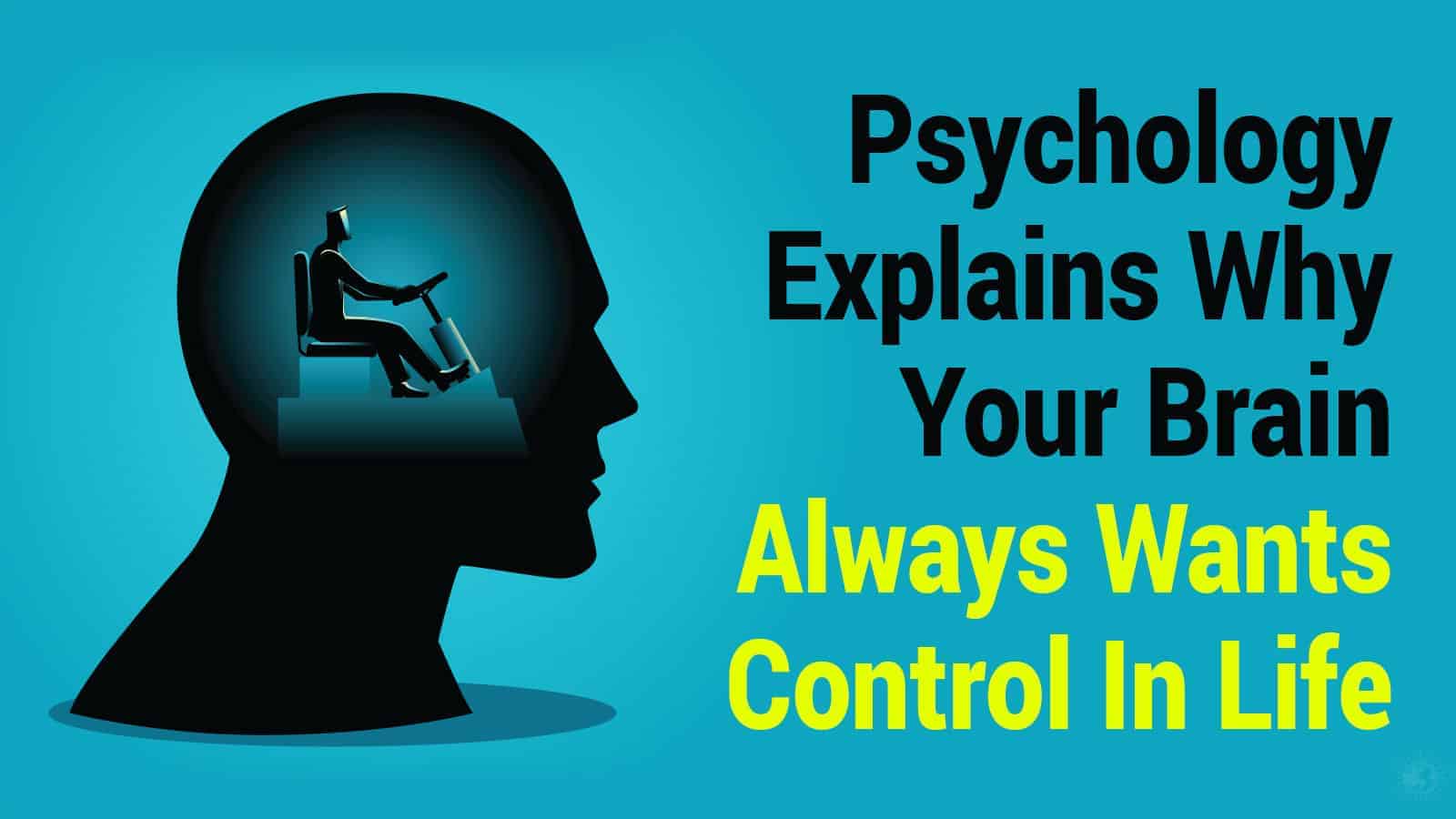 Final thoughts about how to have control over your life
Final thoughts about how to have control over your life
We all crave more control in our lives, whether in our finances, relationships, health, or jobs. Many of us just don’t know where to start to save ourselves from the messes that life brings. However, choosing to follow the advice above will help you achieve great results in this battle. If you find yourself living on autopilot and just accepting what life throws at you, stop and take a few breaths.
Think of how you could actively change your situation. Limit your stimuli, exercise, take care of your mental and emotional health, choose positive people, eliminate bad habits, and create a routine. By doing all of these things, you will tip the scales more in your favor and have more control over your life.

